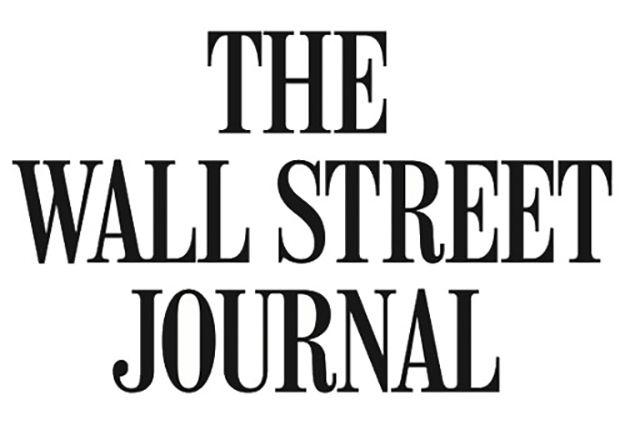-

Hear from Professor Monica Toft
Learn how Professor Monica Toft is shaping the study of global affairs and diplomacy at Fletcher.
Hear from Prof. Toft -

Explore Fletcher academics in action
Fletcher Features offers insights, innovation, stories and expertise by scholars.
Get global insights -
Get application tips right from the source
Learn tips, tricks, and behind-the-scenes insights on applying to Fletcher from our admissions counselors.
Hear from Admissions -

Research that the world is talking about
Stay up to date on the latest research, innovation, and thought leadership from our newsroom.
Stay informed -
Meet Fletcherites and their stories
Get to know our vibrant community through news stories highlighting faculty, students, and alumni.
Meet Fletcherites -

Forge your future after Fletcher
Watch to see how Fletcher prepares global thinkers for success across industries.
See the impact -

Global insights and expertise, on demand.
Need a global affairs expert for a timely and insightful take? Fletcher faculty are available for media inquiries.
Get in Touch
How Did Covid Change Long-Term Energy Demand and Supply?
Amy Myers Jaffe comments on the impact of COVID-19 pandemic on global energy demand and supply in The Wall Street Journal.

As governments roll out vaccination programs and lift coronavirus-induced restrictions on travel and leisure, the world's demand for oil is slowly returning to normal.
The International Energy Agency in June forecast that global crude demand will return to its pre-pandemic high during 2022's final quarter.
At the same time, resurgent consumption has driven a rebound in carbon emissions—even as some wealthy countries are accelerating their push toward low-carbon energy such as wind and solar power.
This leads to two crucial questions: Will the energy industry look back at the pandemic and say it was a temporary blip? Or will it see the past year as a time that fundamentally altered global energy demand and supply moving forward?
Wall Street Journal reporter David Hodari spoke with three energy experts about those questions. Tim Gould is head of energy-supply outlooks and investment at the International Energy Agency in Paris. Amy Myers Jaffe is managing director of the climate-policy lab at Tufts University's Fletcher School of Law and Diplomacy. Marianne Kah is a senior research scholar and advisory-board member at Columbia University's Center on Global Energy Policy. Here are edited excerpts of the conversation.

